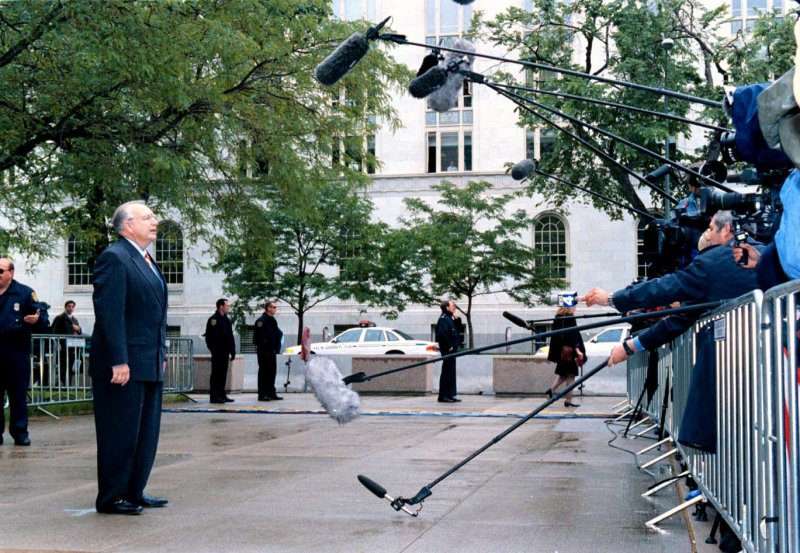BOSTON, April 19 (UPI) -- Anger, frustration, depression and fear are some of the emotions many can expect after the arrest of the alleged Boston marathon bomber, a psychologist says.
Wynn Schwartz, a professor of psychology at the Massachusetts School of Professional Psychology, told Boston.com he was a block away when the first bomb went off and he could smell the gunpowder and, "I'm still pretty upset by it."















